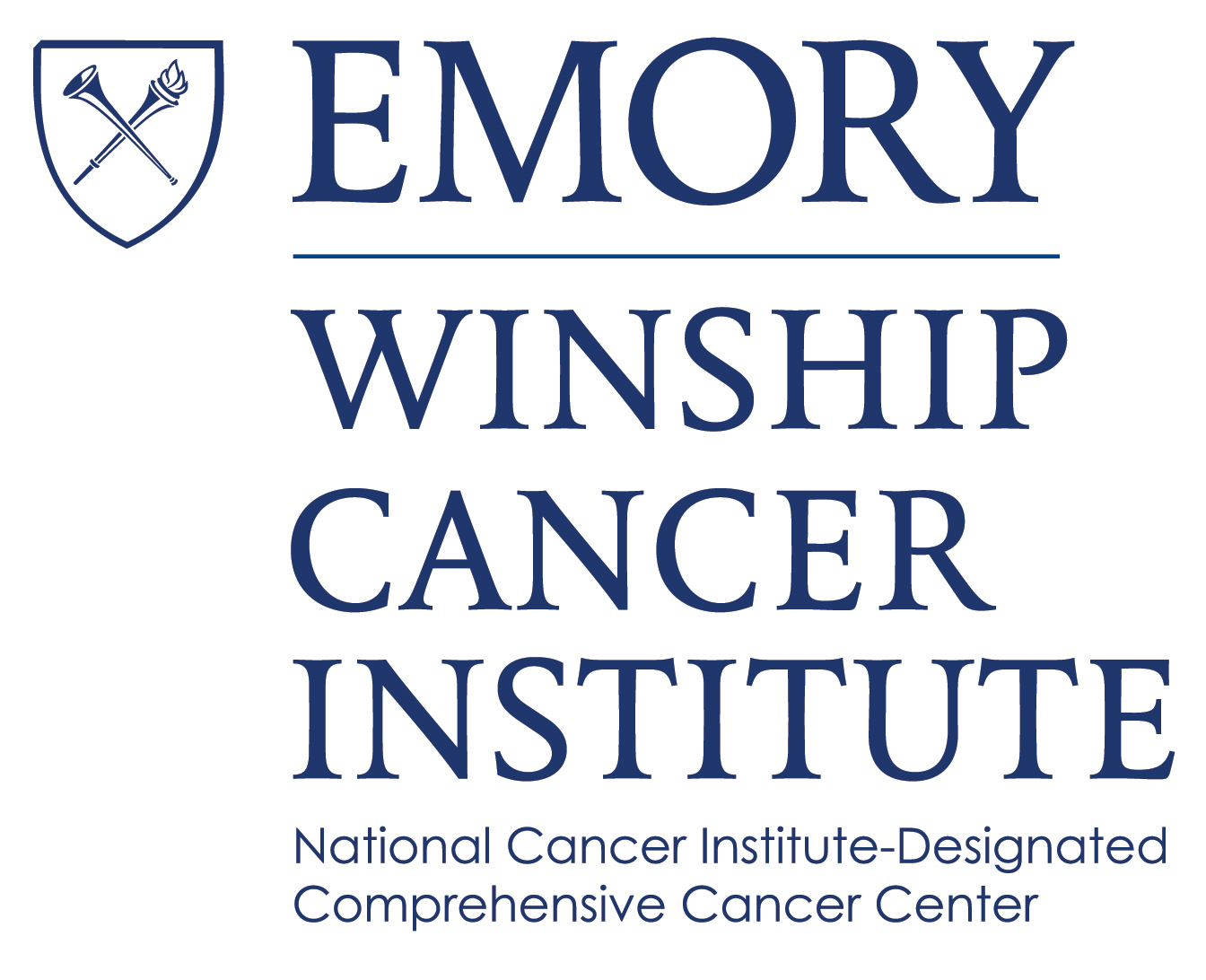- Advertise
- About OncLive
- Editorial Board
- MJH Life Sciences brands
- Contact Us
- Privacy
- Terms & Conditions
- Do Not Sell My Information
2 Clarke Drive
Suite 100
Cranbury, NJ 08512
© 2025 MJH Life Sciences™ and OncLive - Clinical Oncology News, Cancer Expert Insights. All rights reserved.
Dr Jagsi on the Implications of the IDEA Trial for Radiotherapy Omission in Breast Cancer
Reshma Jagsi, MD, Dphil, discusses caveats when interpreting long-term results from the IDEA trial of radiotherapy omission in breast cancer.
Reshma Jagsi, MD, Dphil, Lawrence W. Davis Professor, chair, Department of Radiation Oncology, Emory University School of Medicine, Winship Cancer Institute, discusses caveats when interpreting long-term results from the IDEA trial (NCT02400190) evaluating radiotherapy omission when administering breast conserving surgery plus endocrine therapy to postmenopausal patients with breast cancer.
The prospective, multicenter cohort trial aimed to assess the feasibility and safety of omitting radiation therapy in younger postmenopausal patients, incorporating 21-gene recurrence score alongside traditional selection factors. Data from the primary analysis of the trial revealed a low 5-year risk of recurrence when utilizing a genomic assay in conjunction with selecting classic postmenopausal patients under the age of 60 based on clinical and biological characteristics. This approach represents a significant advancement in tailoring treatment strategies for this specific patient population.
When discussing the implications of omitting radiotherapy in certain contexts, Jagsi says it is important to clarify that these data do not imply that radiation treatment is inherently undesirable or ineffective. Radiation therapy has undergone significant advancements, making it more efficient and less toxic than ever before, she explains. For many patients with breast cancer, it remains a vital component of curative treatment, often well-tolerated with minimal adverse effects and no severe long-term complications.
The goal of exploring radiotherapy omission therefore is not to discourage its use, but rather to empower patients to make informed decisions about their treatment options, Jagsi emphasizes, adding that this approach aligns with broader efforts in breast cancer care to provide patients with agency in their treatment journey. Similar efforts have been made in medical oncology with the development of tools like the 21-gene recurrence score, which aids in chemotherapy decision-making based on individual patient characteristics.
Ultimately, the goal of this research is to offer patients a range of options and involve them in decision-making processes that align with their values and preferences, ensuring they receive the most appropriate and personalized care for their breast cancer journey, Jagsi concludes.


